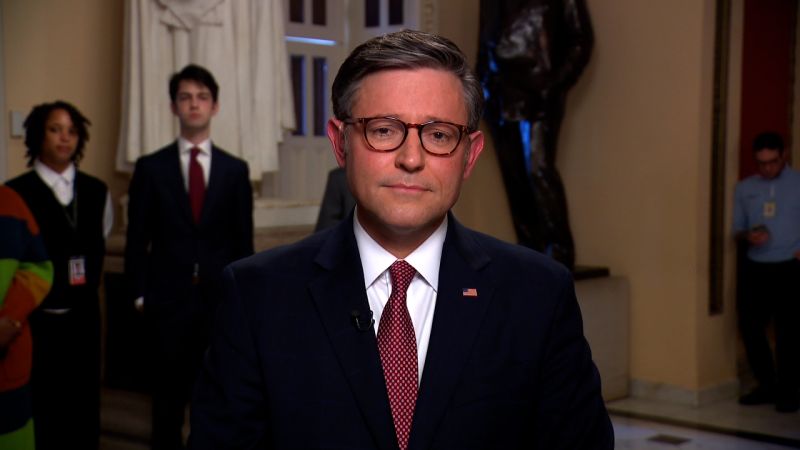On 17 April, US House Speaker Mike Johnson confirmed his commitment to advancing a series of foreign aid bills, including funding for Ukraine, despite facing considerable pressure from hardline fellow Republicans, according to CNN.
For more than six months, US Congressional Republicans have been blocking the US foreign aid package, which includes military assistance to Ukraine, Israel, and Taiwan. The Senate approved a $95 billion bill in February, including over $60 billion for Ukraine, but House Speaker Mike Johnson has delayed bringing it to a vote, citing the need not to rush. Yesterday, Johnson announced separate bills with the vote scheduled for 20 April.
Advancing the bills, Mike Johnson said:
“After significant Member feedback and discussion, the House Rules Committee will be posting soon today the text of three bills that will fund America’s national security interests and allies in Israel, the Indo-Pacific, and Ukraine, including a loan structure for aid, and enhanced strategy and accountability,” Johnson said in the note, as per CNN.





